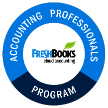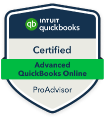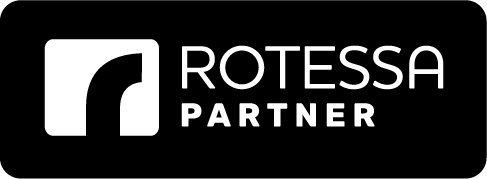
If you’re looking to switch to a new accounting software for your business, you have a few options to choose from. Chances are, you’ve already come across some of the most popular platforms during your research such as QuickBooks, FreshBooks, and Xero. While looking through the different features of each accounting software, reviews, and even demos is helpful, you’ll want to ask yourself a few questions that will help you come to a sound decision.
At Accounting By Sal Corp., we are experts at cloud accounting training and QuickBooks consultation for businesses – however, we work with other accounting software and can provide our expert advice on each. Our team of accounting professionals is here to answer your questions on one of the most important aspects of your business – the numbers!
With that said, consider the following questions to help you in your search for new accounting software.
1. What is not working with my current accounting process?
When business owners consider switching to new accounting software, it’s typically because their current one does not meet their expectations or fulfill a specific need. To find a platform that better suits your business, we recommend compiling a list of what’s not working with your current process.
This can be anywhere from large issues to the smallest details. Some common challenges clients face with their current accounting process are:
It’s time-consuming
- The use of the software and multiple business apps is confusing
- Numbers aren’t balancing
- Hard to track invoices and payments
- There are too many errors happening every month
2. What is working with my current accounting process?
Recognizing what’s currently working is just as important as understanding what’s not working with your current process. The last thing you want to do is switch to a new software that doesn’t allow you the same capabilities as what’s been working well so far.
For many businesses, some of the most popular features of today’s accounting software are:
- A simple interface
- A customizable and user-friendly dashboard
- Remote access with cloud-based software
- Ready-made templates for invoices, quotes, and receipts
- Payment reminders
- Integrated app features
3. What is my wish list of features?
We recommend making two lists – one detailing all of the features that you want on an accounting software and another specifying what you can do without. The reason for this goes beyond searching for these exact features – it can also help you stay grounded during your search.
When you’re looking for a new platform, it can be easy to get swayed by the bells and whistles of a robust system and end up paying for something you don’t really need. For example, if you’re a small business that only needs a basic software to start, hearing rave reviews about an accounting software designed for an enterprise can be tempting – especially if it sounds like the answers to your current constraints.
However, it’s also important to know where you want your business to be in a few years’ time. This leads us to our next point…
4. What are my future business plans?
You may need only the basic accounting software right now, but you might end up having to search once again for a more robust version if you’re planning exponential growth in the next couple of years. This is why it’s important to consider your future business plans and address your current needs while making room for growth.
We recommend familiarizing yourself with the different plans and pricing of each accounting software. Most have scaling levels depending on the size of the business, including the most basic platform and mid-level versions to advanced capabilities and specialized features.
5. Is changing accounting software the answer to my problem?
Last but certainly not least – ask yourself, is a switch to a different accounting software the answer? In some instances, the change is necessary but in other situations, the solution could be proper 1-on-1 training on your current accounting system.
Like any software, accounting platforms come with a learning curve and some business owners aren’t aware of all that the software has to offer. If you are currently working with a leading software like QuickBooks and FreshBooks, these platforms offer levels, features, and a range of integrations that can solve common bookkeeping constraints.
Switching to a new software can be costly and time-consuming. Expert training, guidance, and consultation can not only save you the hassle but teach you how to make your accounting processes more efficient and accurate.














